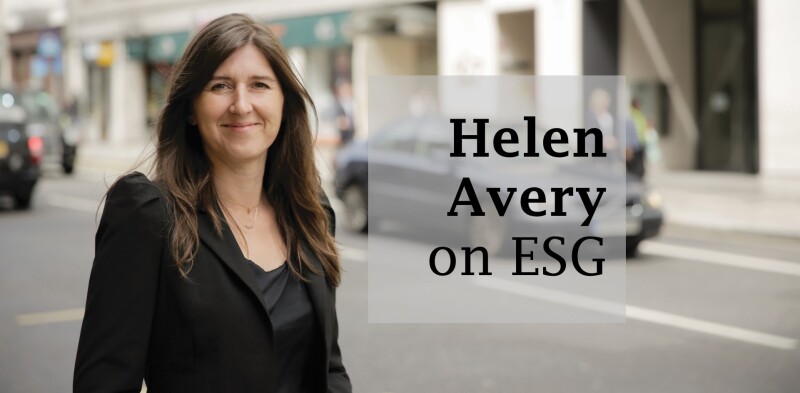
In July, Moody’s announced the acquisition of a controlling stake in climate risk assessment firm Four Twenty Seven. As discussed here previously, Four Twenty Seven has detailed analysis on the climate risk exposure of US cities and counties that helps factor climate change into assessing munibond risk.
This is crucial information for companies and communities, as well as the financial institutions that lend to them. Clearly Moody’s has realized the risks associated with climate change and more broadly with environmental, social and governance issues – in April the ratings agency bought a majority stake in ESG risk analysis firm Vigeo Eris.
The impact of climate change-related events on muni risk is no joke – particularly for US cities. Some 63 of America’s most populous 75 cities do not have enough money to pay all of their bills, according to research earlier this year from muni finance watchdog, Truth in Accounting. In the bottom 15 of that list you’ll find coastal cities such as Miami, New Orleans, San Francisco, Honolulu and New York.
Brutal downgrades
For those cities that have not adopted climate mitigation strategies, a credit downgrade due to increased risk is going to be brutal.
